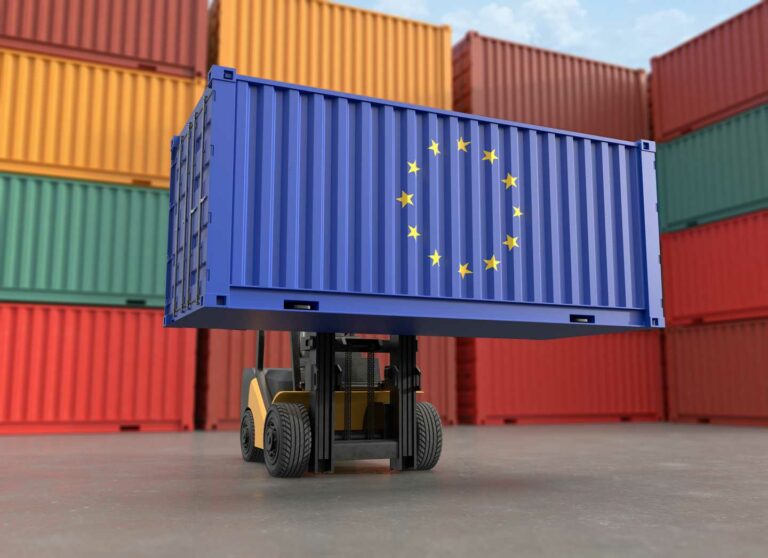In order to sell goods in a Member State of the European Union, both EU and non-EU companies must have a VAT number in this Member state. In addition, Non-EU companies must appoint a fiscal representative.
Having a VAT number allows companies to sell goods in EU
Having a VAT number is not only a legal obligation. In most cases, it is impossible to sell without having this number.
For example, Amazon doesn’t allow companies to sell on its platforms without a valid VAT number. Plus, companies that choose the service « Fulfillment By Amazon » must have a valid VAT number in every Member States where the Amazon warehouses are located, i.e France, Italy, Spain, Germany, United Kingdom, Poland, and Czech Republic.
Having a VAT number obliges to file declarations and to pay VAT to the Tax Administration
It is very important to understand that a VAT number is not only a registration number.
Since VAT is a declarative tax, the VAT number is used by the tax administration to gather information on transactions performed by companies and to collect VAT on these transactions.
Therefore when a company is registered for VAT in a member state, it must :
- declare all its transactions by filing periodic VAT and intrastat returns ;
- remit to the Tax Administration the VAT collected from the EU customers.
Thus, a VAT number does not only give rights, it triggers obligations as well.
Having a VAT number without declaring transactions and remitting VAT is considered as a tax fraud
If a VAT registered company fails to meet its VAT reporting and payment obligations, it commits a tax fraud and may be subject to huge tax penalties and criminal prosecution.
Nowadays, it is very easy for Tax Administrations to know whether a company fulfills its tax obligations or not, especially if it sells through MarketPlaces. Since everything is public (price of articles, number of sales, location of customers with their comments, etc…), tax administrations just have to type the company’s name in Google to learn everything about its activity.
In addition, if the Tax Administration realizes that an online seller does not fulfill its VAT obligations, it can force the MarketPlace to close the seller’s account.
If you need more information about your VAT obligations in the EU, you can contact our experts who will answer your questions.




